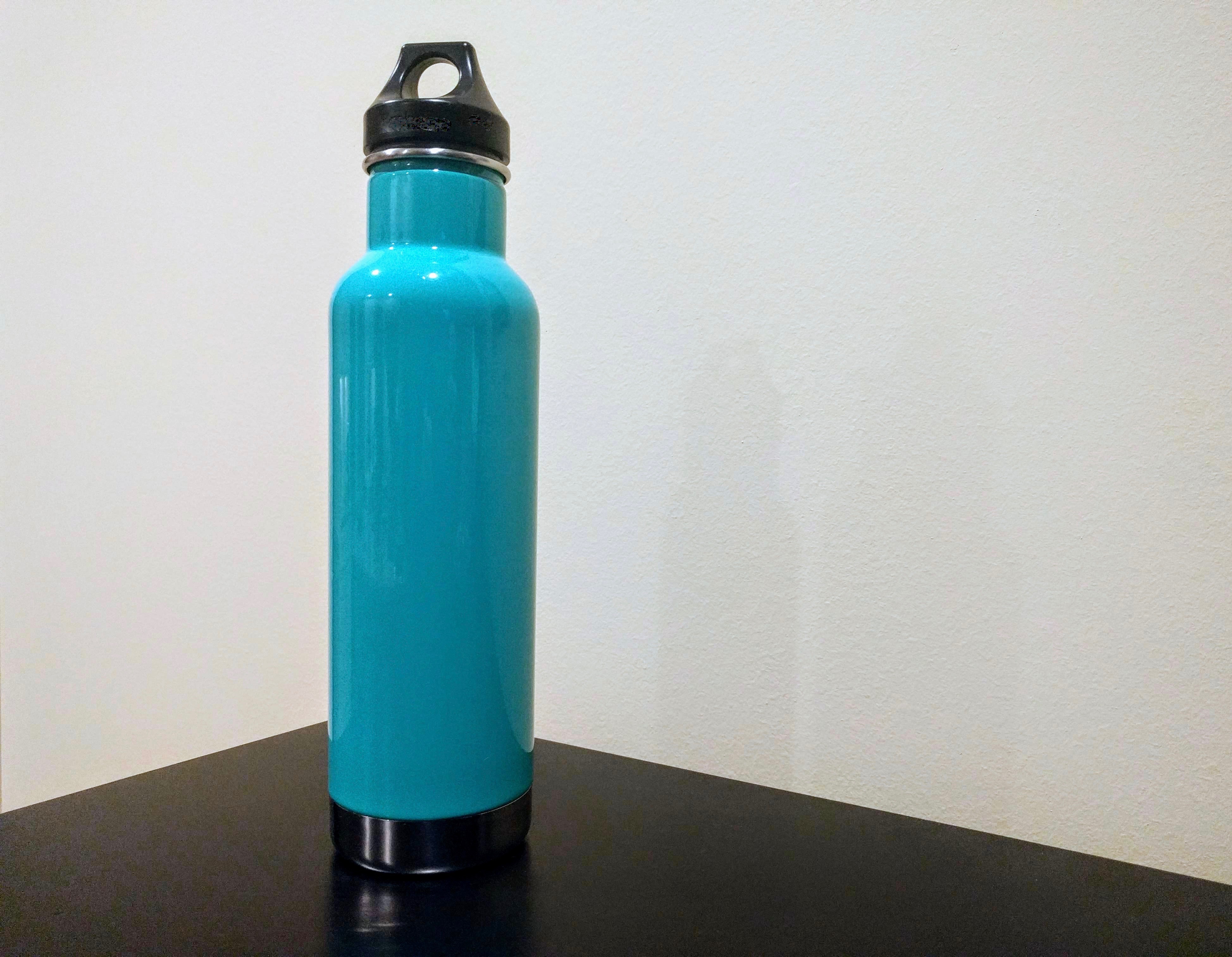Lesson 11
Prisms Practice
- Let’s calculate volumes of prisms and cylinders.
Problem 1
This prism has a right triangle for a base. What is the volume of the prism?

Problem 2
An oblique cylinder with a base of radius 2 units is shown. The top of the cylinder can be obtained by translating the base by the directed line segment \(AB\) which has length \(6\sqrt{2}\) units. The segment \(AB\) forms a \(45^\circ\) angle with the plane of the base. What is the volume of the cylinder?

Problem 3
A prism has a height of 5 inches and a volume of 80 cubic inches. Select all figures that could be the base for this prism.
a square with side length 4 inches
a 2 inch by 8 inch rectangle
a circle with radius 2 inches
a right triangle with legs 4 inches long
a heart-shaped base with an area of 16 square inches
Problem 4
This water bottle has a base with area \(B\) square inches and a height of \(h\) inches. Tyler thinks the volume of the water bottle is \(Bh\). Elena thinks the volume is less than \(Bh\).
Do you agree with either of them? Explain your reasoning.

Problem 5
This solid has curved sides. All cross sections parallel to the base are squares measuring 3 units on each side. The height from the base to the top is 10 units. What is the volume of this solid?

30 cubic units
60 cubic units
90 cubic units
There is not enough information to determine the volume.
Problem 6
Each small square represents 1 square centimeter.
- Sketch and label the solid formed by rotating this two-dimensional figure around the horizontal axis shown.
- What is the volume of this solid?
Problem 7
A solid has volume 6 cubic units and surface area 22 square units. The solid is dilated, and the image has surface area 198 square units. What is the volume of the image?
Problem 8
The Pyramid of Khufu in Giza, Egypt was the world’s tallest free-standing structure for more than 3,500 years. Its original height was about 144 meters. Its base is approximately a square with a side length of 231 meters.
The diagram shows a cross section created by dilating the base using the top of the pyramid as a center. The cross section has side length of 154 meters.

- What scale factor was used to create the cross section?
- What is the height of the cross section?
Problem 9
Select all statements that must be true.
The angle bisector of an isosceles triangle is also the perpendicular bisector.
The angle bisector of any angle divides the angle into 2 congruent parts.
The median of a triangle is also the perpendicular bisector.
The median of an isosceles triangles is also the angle bisector.
The median of a triangle is also the angle bisector.
